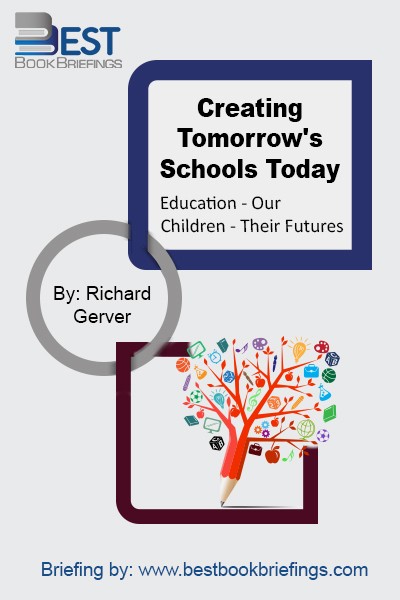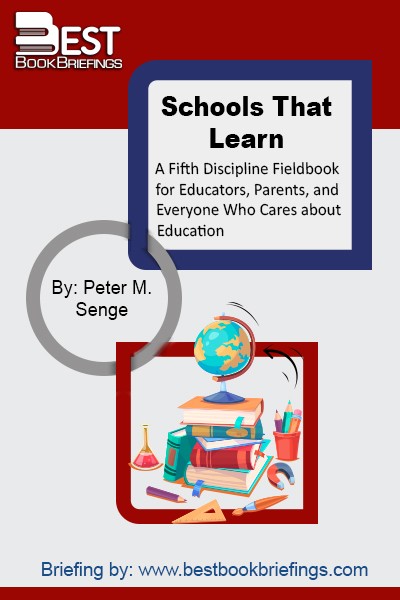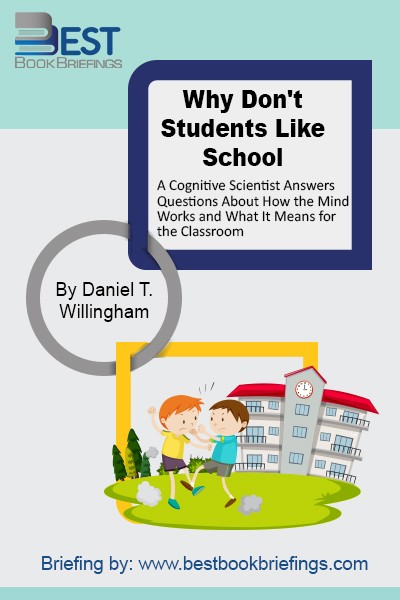Different Schools for a Different World
School Improvement for 21st Century Skills, Global Citizenship, and Deeper Learning
Number of pages: 80
Publisher: Solution Tree
BBB Library: Education
ISBN: School Improvement for 21st Century Skills, Global Citizenship, and Deeper Learning
Editorial Review
If political and school leaders—whom we consider the major audiences for this book—want to adapt learning and teaching environments to the demands of the 21st century, it is imperative that they understand the real challenges that future graduates will face. If we hope to prepare our students and graduates for the world around them, we must start by observing and understanding what the world is actually like. Different Schools for a Different World concisely explains the six key factors of school improvement in the 21st century, in order to help students grow into global citizens, critical thinkers, innovators, and literate content consumers.
Book Reviews
Books on Related Topics

There is a wide recognition around the world that the traditional models of schooling are no longer fit for purpose. Teaching is an extraordinary profession, a vocation and, above all, a great privilege. However, teachers cannot educate children by themselves. It is not teachers or parents who are the shapers of

The core idea of this book is simple: institutions of learning can be designed and run as learning organizations. In other words, schools can be made sustainably vital and creative, not by fiat or command or by regulation or forced rankings, but by adopting a learning orientation. This means involving everyone

Why Don’t Students Like School began as a list of nine principles that are so fundamental to the mind’s operation that they do not change as circumstances change. They are true in the classroom as they are in the laboratory and therefore can reliably be applied to classroom situations. These nine




